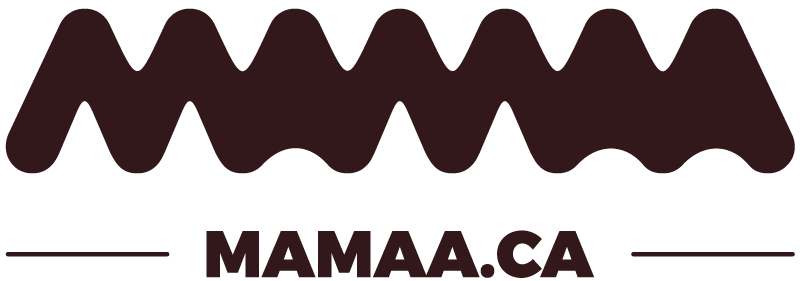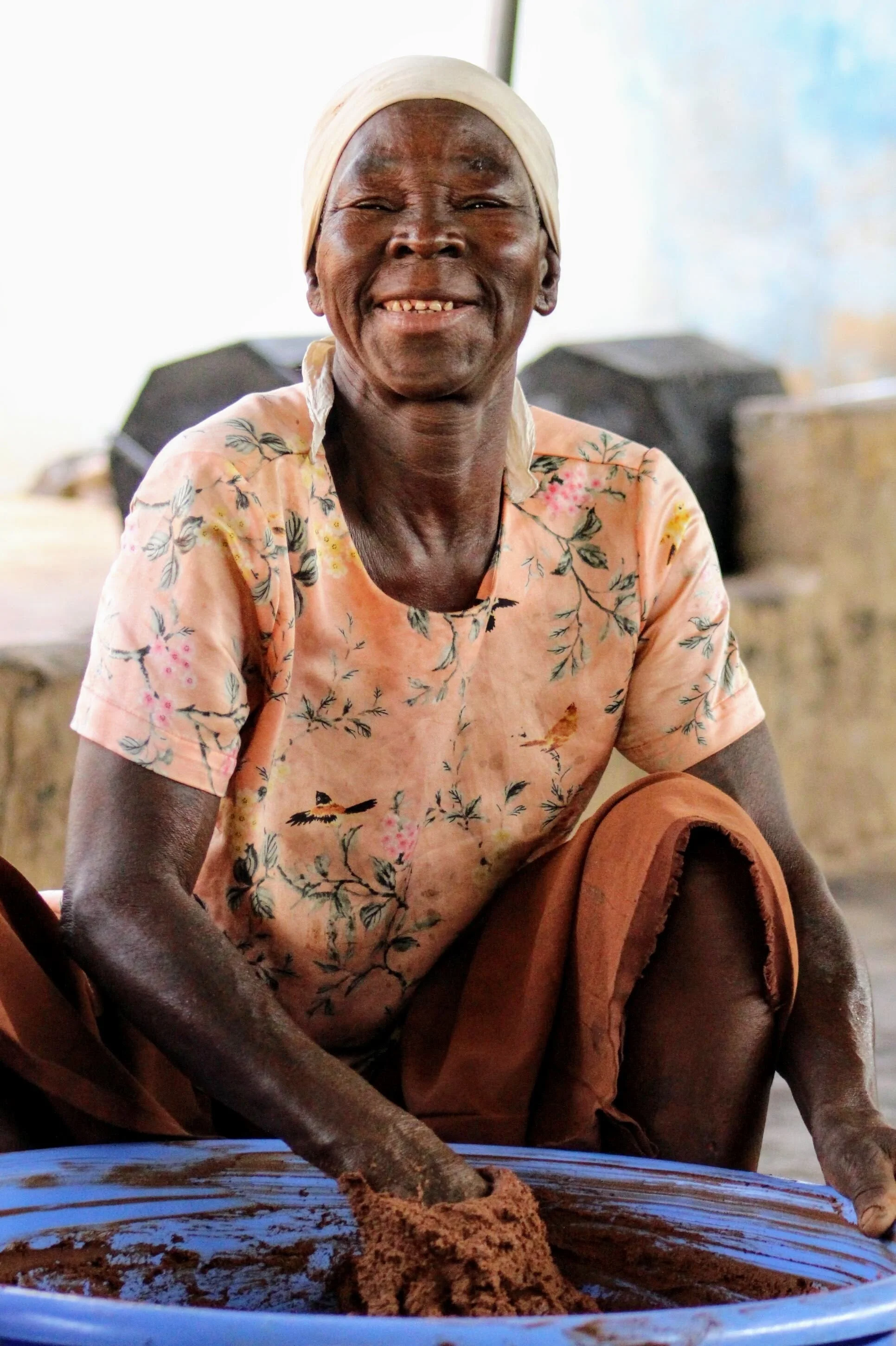The Benefits of Shea Butter
In recent years interest towards shea butter has grown as knowledge of its beneficial powers has become more evident. However, it is not a new product. There is evidence that shea butter played an important part already in the first century BC in the beauty regimen of Cleopatra of Egypt!
In the savannah areas where shea trees grow the local people have also used it for cosmetic, nutritional, and medicinal purposes for thousands of years. Currently, a major part of global shea butter goes into the confectionary industry as an ingredient in chocolate but its importance is growing in cosmetics too.
The majority of shea is produced in West Africa in countries like Ghana, Nigeria and Burkina Faso. The butter Mamaa Trade sells originates in a village named Kongo in the Upper-East Region of Ghana, not far from the Burkina Faso border. It is extracted manually by a painstakingly long process that involves the collection, cleaning, selecting, washing and drying, crushing, roasting, and milling of the dried nuts into a paste. The fat-rich seed paste is then mixed with water and kneeded by hand to separate the butter which rises to the top in the form of curd. This top layer is collected, then purified by melting it into butter oil and then filtering it out and cooling. The resultant butter is off-white or yellow in colour and has a slightly smoky smell. It is unrefined, thus as natural as you can get it, holding all the natural benefits known for shea butter.
-Shea butter protects the skin from drying out: The butter remains solid at room temperature, but melts on the skin to form a non-greasy coating that effectively seals in the moisture. When West Africa is plagued by the cold and dry Harmattan winds that blow from the Sahara desert, the local people smear themselves with shea butter to protect their skin from drying out. I apply shea butter all over the body after washing as it keeps the skin hydrated and soft. Alternatively, you can add a tablespoonful of the butter into your warm bathwater before the final rinse. It will quickly melt and cover your body with a thin, protective layer of oil, but the best part is that it does not make the skin oily.
-Shea butter offers protection against sun UV exposure: Shea butter has been estimated to have a sun protection factor of 6 (SPF 6). You can further increase the factor by mixing it with carrot oil and zinc oxide powder. However it is difficult to estimate the sun protection factor of homemade creams and you need to be careful if using it solely. The anti-inflammatory action of the butter is also helpful in reducing burning and soreness after sun exposure.
-Shea butter makes a wonderful lip balm: Since shea butter is nearly solid at room temperature, you don’t need beeswax or petroleum to make a lip balm. Shea butter will keep the lips moisturised, and the vitamin A and E in the butter nourishes the tender skin and keeps it healthy. One good recipe for lip balm is to add 2-3 drops of peppermint or any other essential oil of your choice to a tablespoonful of shea butter and whip it up and fill into a small container. You can also add natural pigments such as beetroot powder for some colour.
-Shea is tender enough for babies: unscented pure shea butter is non-toxic and gentle enough to be applied on baby skin. Shea butter can be used for baby massage in place of olive oil. It also effectively protects sensitive skin against diaper rash. Its oleic acid content is comparable to that of olive oil, but it has higher stearic acid content that make shea butter closer in composition to the fat naturally found in the skin. The butter can be applied all over the body or to selected areas such as elbows, knees and cheeks that tend to dry out faster in babies and young children. Adding a spoonful of shea butter to the bath water is another way to use it on babies. It can form a protective layer on the skin that seals in moisture and acts as a barrier to dust and other environmental contaminants.
-Shea butter helps to avoid and smooth out wrinkles: Shea butter has higher stearic acid content than other vegetable oils, making it much closer to animal fats in chemical composition. The elasticity and suppleness of the skin is maintained by the structural protein collagen that binds the skin tissue together. Loss of collagen due to ageing and sun exposure is the main reason for skin wrinkles. Dehydration of the skin aggravates wrinkles further. The fatty acid profile of the butter allows it to be absorbed into the deeper skin layers to nourish them and support collagen production. Use shea butter day and night to protect your skin against moisture loss and you can feel and see your skin becoming smoother.
-Shea butter helps reduce or prevent stretch marks: Stretch marks formation depends on heredity and other factors such as rapid weight gain or pregnancy. However, keeping the skin moisturised will reduce stretch marks, if not completely prevent them. Since many chemicals can be absorbed through the skin, it is best to depend on natural, non-toxic moisturising agents like shea butter for keeping the skin hydrated all through pregnancy and during the lactating period. Regular application of shea butter on the stomach, thighs and breasts well before they come under severe strain may be the key to avoid stretch marks.
-Shea butter can reduce skin inflammation: Shea butter contains several anti-inflammatory agents such as cinnamic acid. Since the butter can penetrate deep into the skin layers, it may help reduce the inflammation and normalise the skin faster. Shea butter works wonders when applied around the eyes. It reduces bags under eyes and makes the area smooth, removing dark circles in the process. Spot application on acne may help in some cases, but people with generalised skin inflammation, as in the case of rosacea and dermatitis, find relief from regular use of shea butter. It is effective against other skin inflammations that result from tanning, scalding, frostbite, etc.
Bring health to your skin with our 100% natural shea butter!
Shea production brings income to poor widows in Northern Ghana
By selling their quality shea to companies like Mamaa the women are better able to take care of themselves and their families.
Widows are traditionally in the most vulnerable position in the society, living out of the generosity of others. With their Nangbok Nongdaab Shea Butter Cooperative the women are able to take responsibility of their own lives and provide better health care and education for their children.

